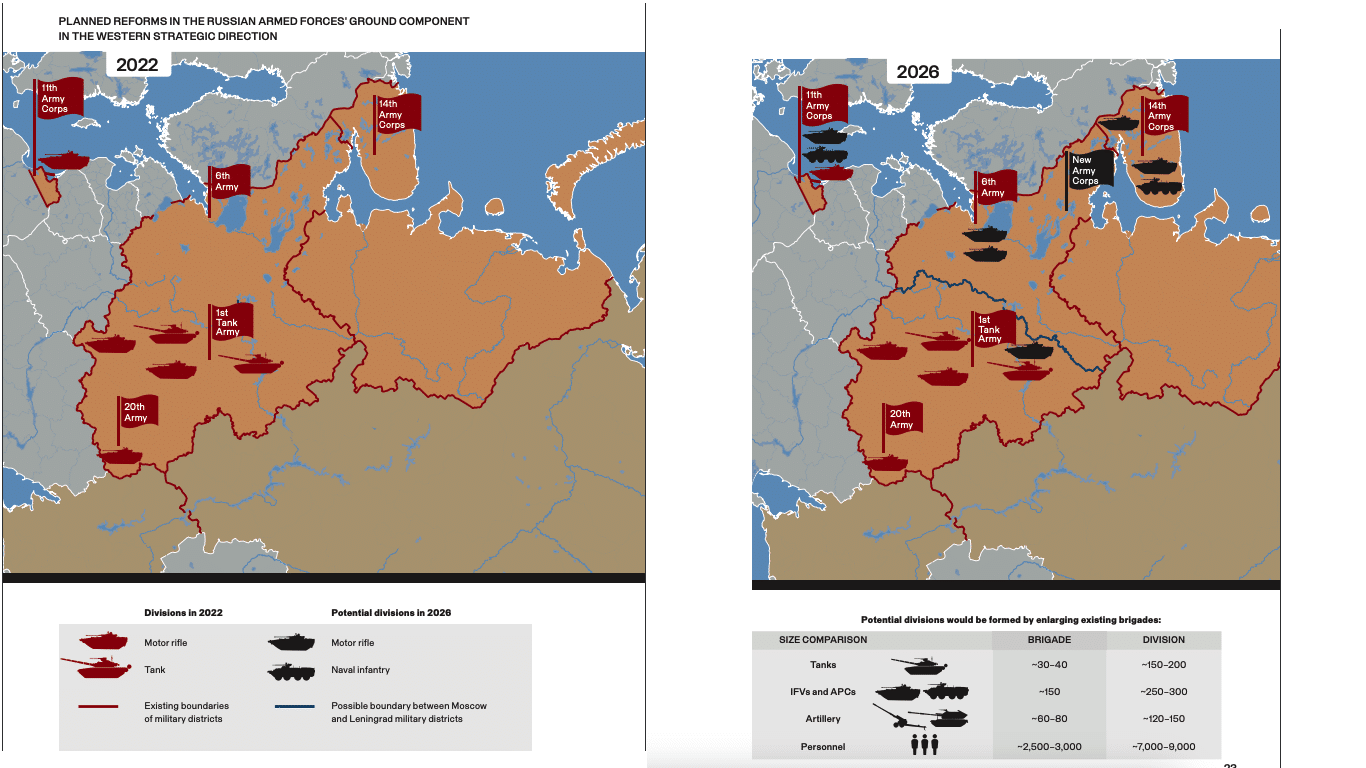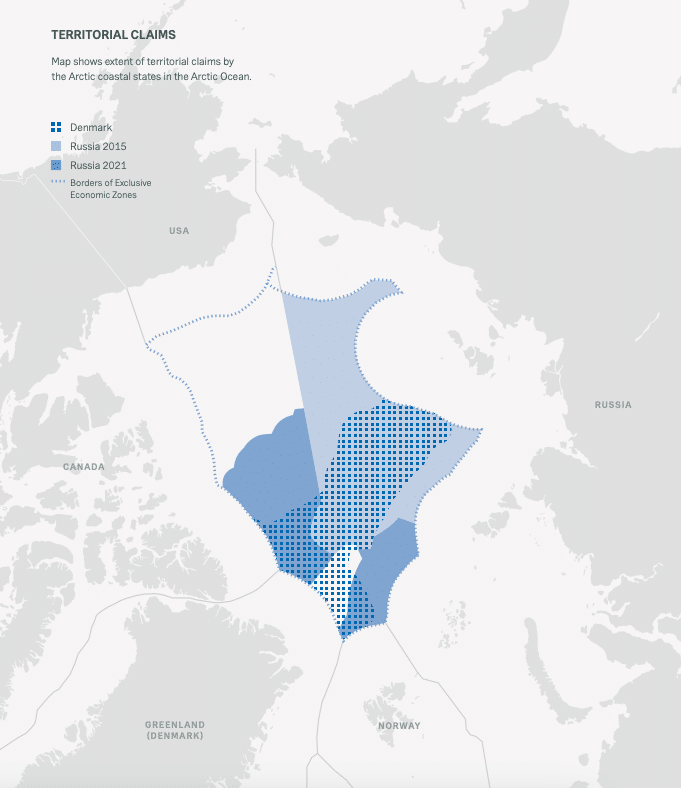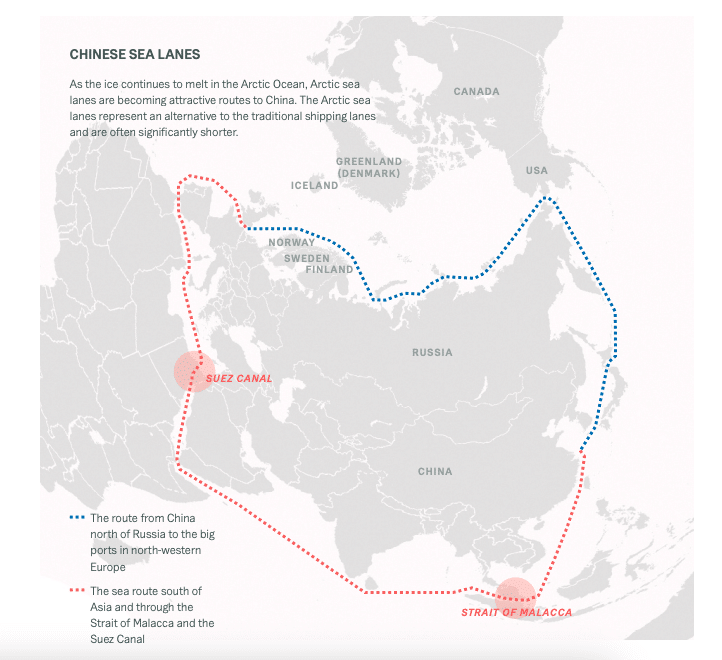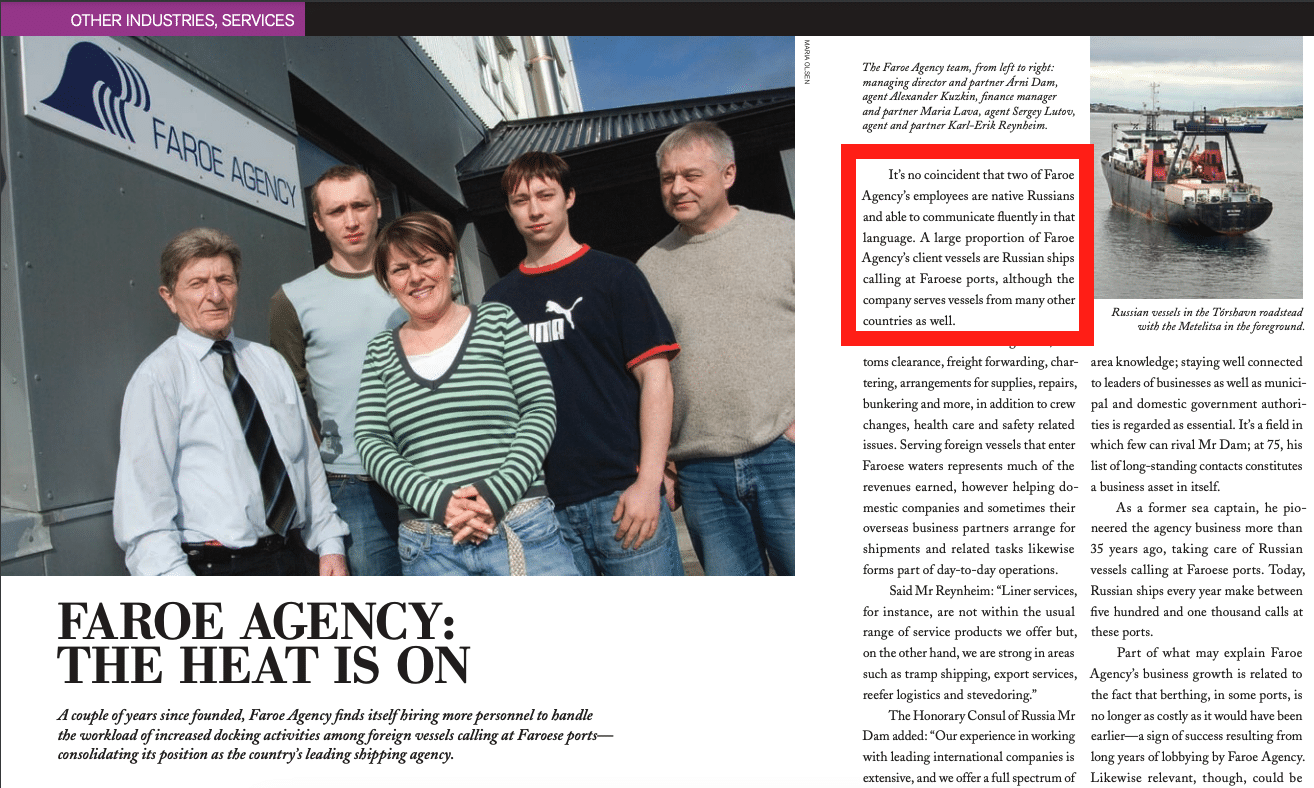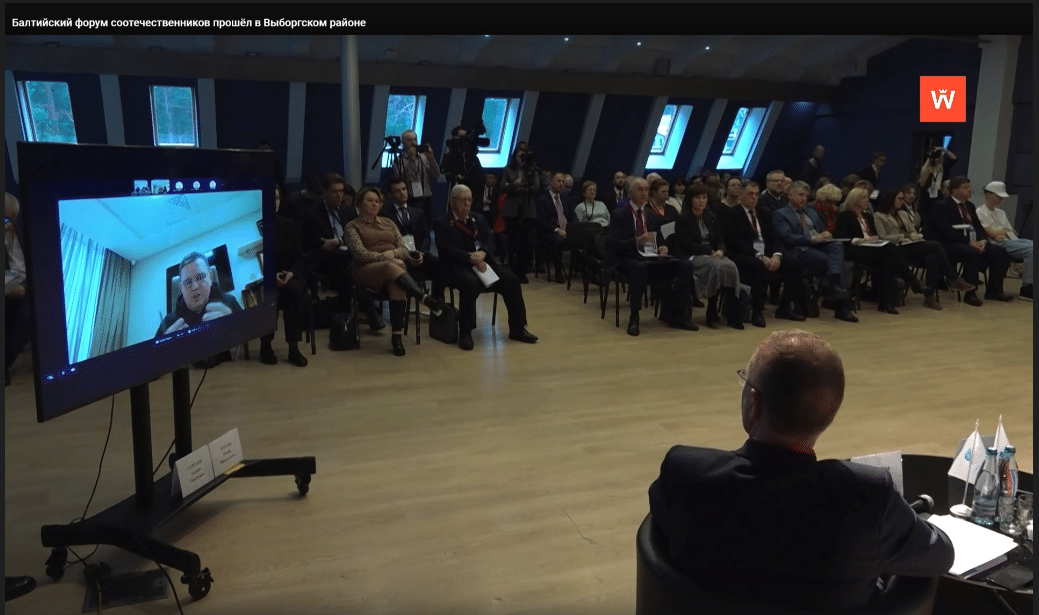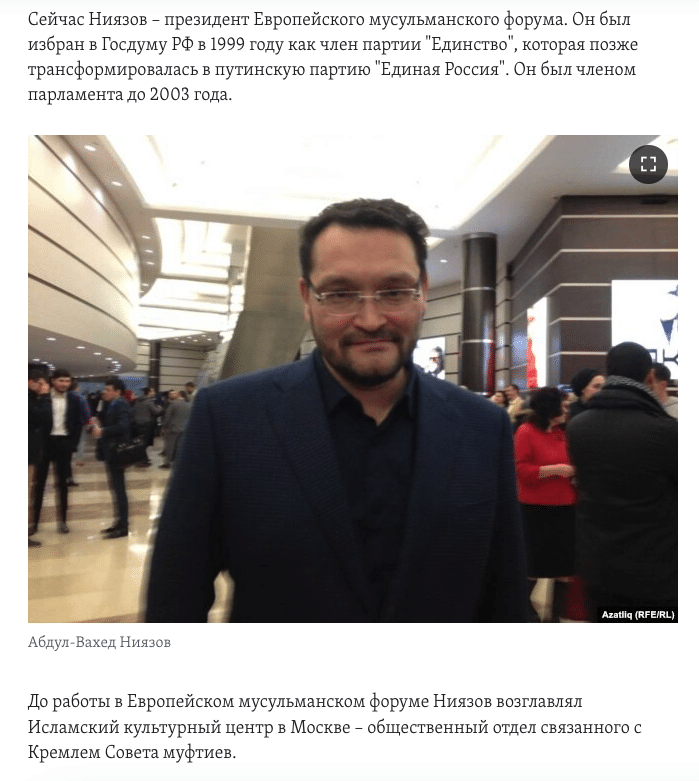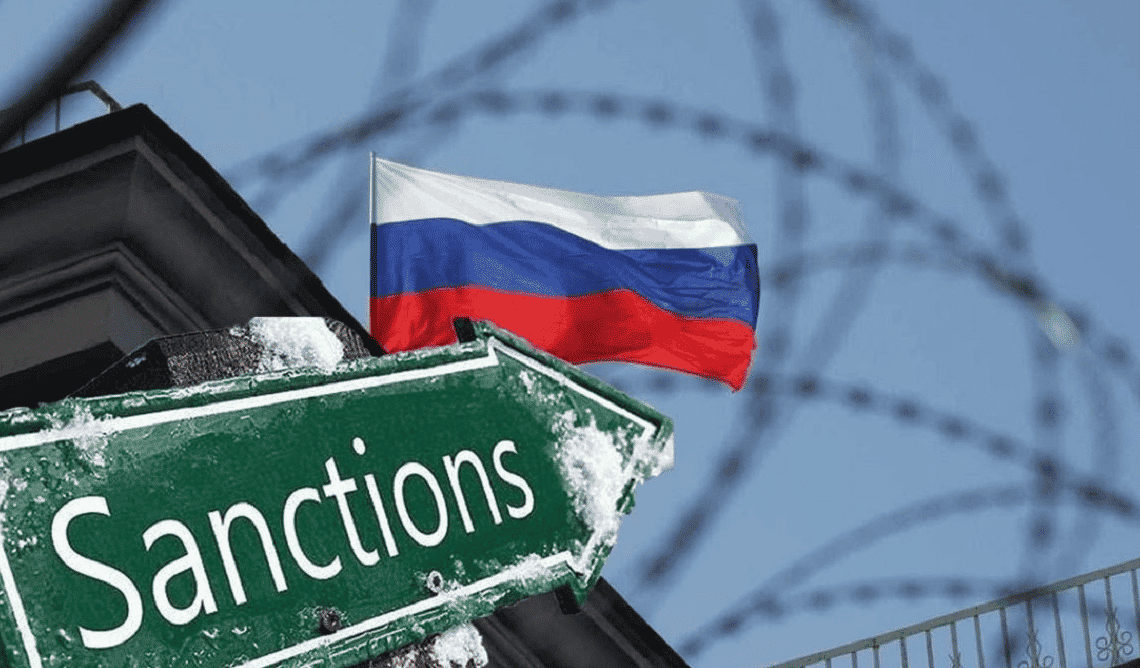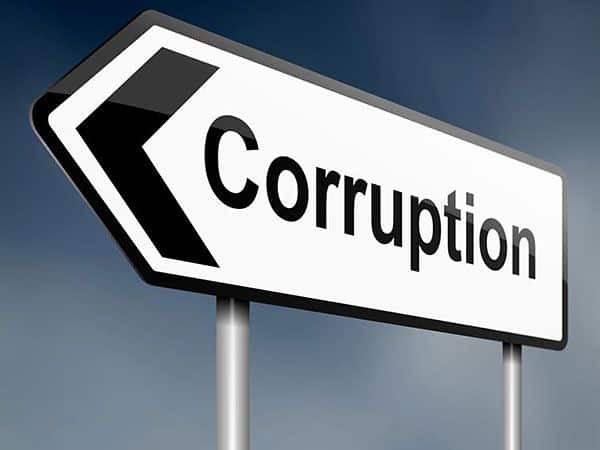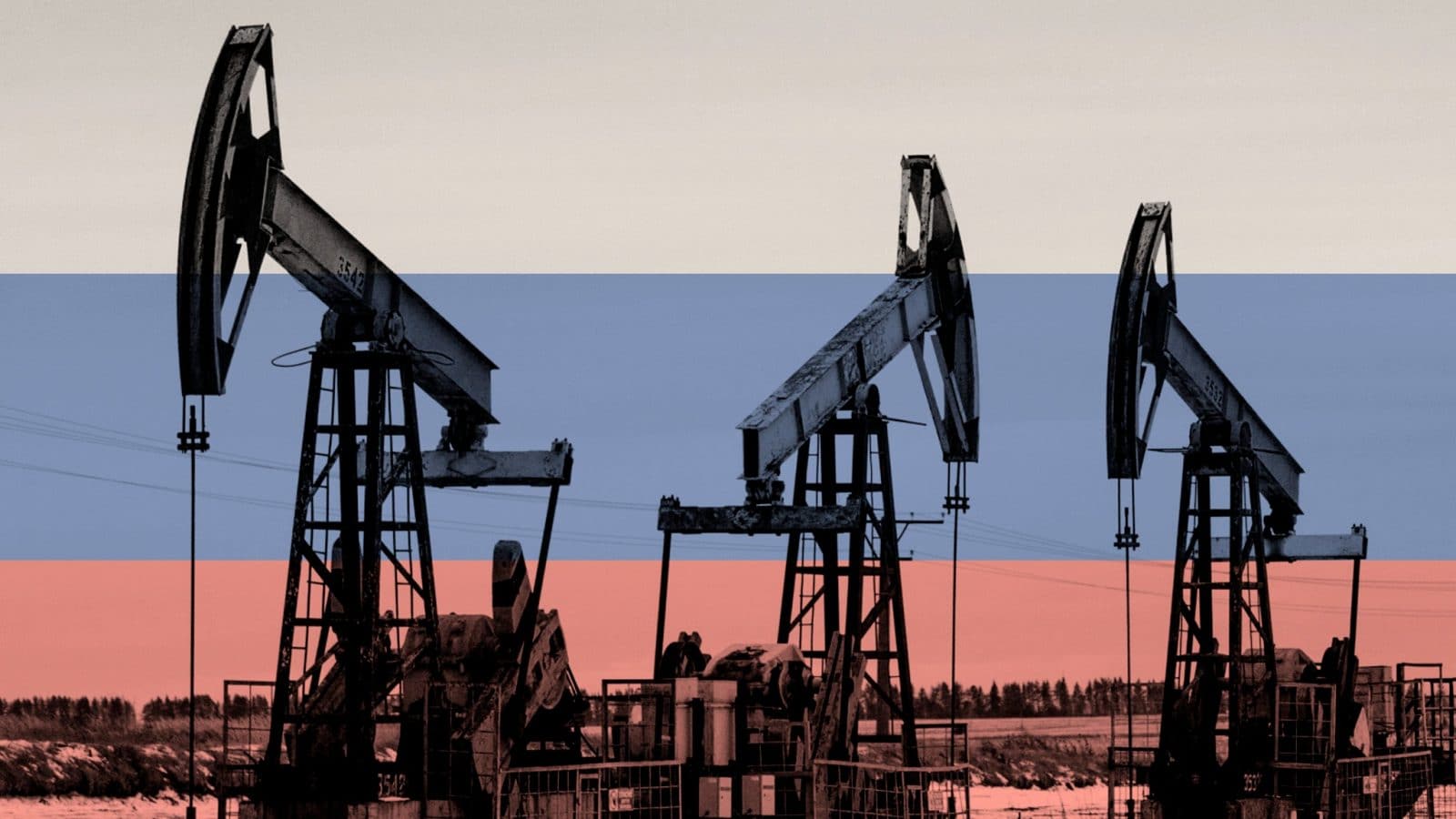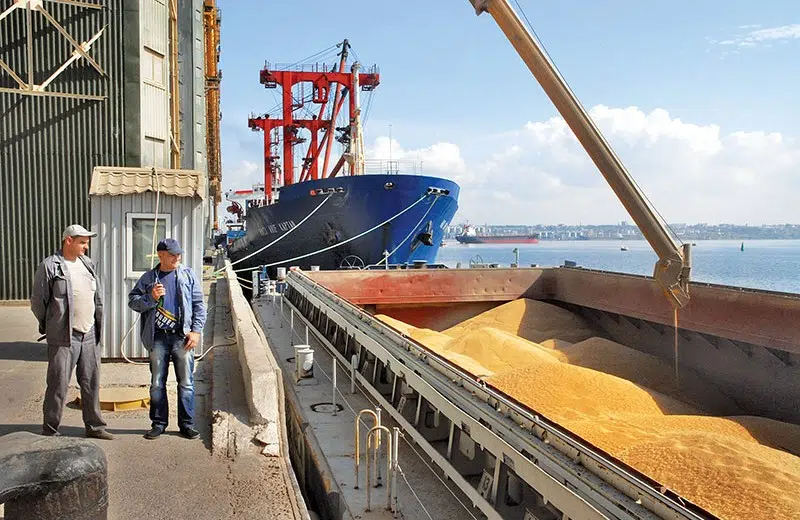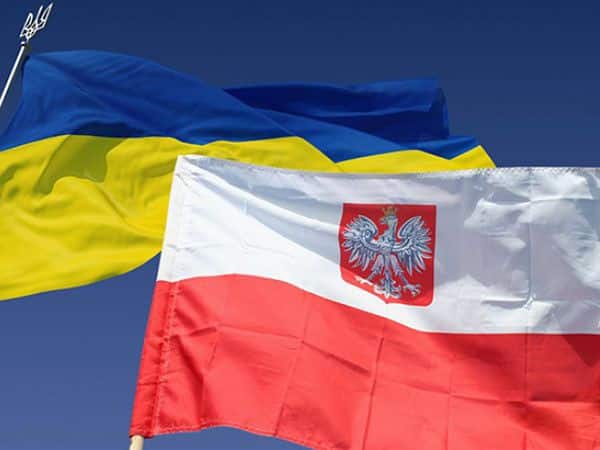Recently, a number of European media outlets published information about the Kremlin’s plans to conquer the Baltic countries, which were formulated around 2021. Among these plans is the formation of a network of soft power organizations that advocate for cooperation with Russia; preventing further militarization of Estonia, Latvia, and Lithuania; recruiting businessmen with promises of opening the Russian market to them; preserving “shared historical memory and Soviet memorials” and other “Russophile” initiatives.
European intelligence services have long been aware of these plans. The threat of an attack by Russia and its influence on the region is considered a key challenge to their own security. However, there are a number of less obvious threats that Europeans expect from their aggressive neighbor. In addition to cyber threats and the spread of the “Russian world” ideology, these include claims to dominance in the Arctic, funding for loyal Muslim associations, industrial espionage, and attempts to organize covert partnerships with universities.
Ukrainian socio-political and analytical online publication Texty decided to look at what specific threats — besides military ones some European intelligence agencies pay attention to, using the example of annual reports of the special services of Sweden, Lithuania, Estonia, Denmark, Norway, and Finland.
General trends
Due to the war in Ukraine, the military pressure on the EU borders with Russia has weakened somewhat: units based in the Kaliningrad region and in the north along the borders of Estonia, Finland, and Norway have suffered significant human losses during the “special operation” and will require priority restoration. The intelligence community considers this “lull” in the region to be temporary, as the Baltic and Arctic regions are strategic for Russia in terms of access to natural resources and due to the deployment of a portion of its nuclear triad — nuclear-powered submarines and missile base on the Kola Peninsula. Moreover, Russia cannot leave its borders “open” due to the potential accession of Sweden and Finland to NATO. After the restoration of its forces following the end of the war in Ukraine, according to northern intelligence agencies, the region may be the next priority target of Russian aggression.
Source: Lithuanian intelligence report
European intelligence services note a general decline in Russia’s espionage activity. Firstly, due to the mass expulsion of “diplomats” who were discovered to be intelligence agents, and secondly, due to the concentration of their main intelligence efforts on Ukraine. Therefore, there are expectations that Russians will increasingly rely on cyber attacks (on government agencies and commercial structures), the work of officers without diplomatic cover, and gradually restore “spy” positions in embassies.
Special services warn that Russian intelligence may target EU citizens who voluntarily participate in defending Ukraine against Russian aggression. Additionally, Russian spies are paying increased attention to energy and critical infrastructure objects. Northern intelligence agencies believe that such objects will be a priority in the event of a Russian attack.
The Arctic
The exploitation of natural resources in the Arctic by Russia is causing particular concern for northern intelligence agencies. In December, Russia passed a law that provides for increased control over the movement of foreign ships along the Northern Sea Route. Moreover, the Arctic is defined as a “vital” zone in Russia’s new maritime doctrine, which allows the use of military means to protect Russian interests.
Due to the sanctions, objects such as Trust Arcticugol in Svalbard (an archipelago under Norway’s sovereignty but with the possibility of Russia engaging in economic activity there) can no longer export their products, and interest in tourism is also decreasing. Therefore, intelligence agencies predict that Russia is likely to prefer further militarization of the region. The Arctic is yet another potential platform for Russia’s confrontation with the “global West.” The suspension of Russia’s membership in the Arctic Council, which “governs” the region, confirms this.
Source: report of the Danish special service
See also: Who supports Russia in France?
Norwegian intelligence experts detail that the development of advanced weapons and their testing is also closely related to the Arctic region. For example, there are plans to construct new strategic submarines of the Dolgurukiy type and multi-purpose submarines of the Severodvinsk type (both types are based on the Kola Peninsula and new submarines of these types may emerge in the next 5-10 years).
Norwegian intelligence adds that Russia has also begun testing the hypersonic anti-ship and strike missile Zircon from the Severodvinsk submarines. Russia is also developing a new intercontinental missile, Sarmat, which is undergoing testing at Plesetsk, south of Arkhangelsk. The development of the torpedo system Poseidon continues, which could be tested in the Arctic Ocean in 2023. Additionally, tests of the air-launched missile, Skyfall, will continue. This missile has been developed as a nuclear weapon with a very long range and improved ability to overcome missile defense systems. Additional tests are expected to take place from the Novaya Zemlya archipelago.
Another risk is China’s access to the Arctic. Western funds are no longer available for economic projects in this region, so Russia will likely involve its partner, Xi Jinping, in these processes. China is interested not only in access to natural resources but also in the northern route for delivering its goods to Europe, which is at least one and a half times shorter than through the Indian Ocean and the Suez Canal. By the way, India may also be interested in Arctic projects, but intelligence services do not see it as a threat like China.
Source: report of the Danish special service
The case of Denmark is interesting in the context of the Arctic economy. As Texty previously reported, Russia has economic representatives among local entrepreneurs in two territories controlled by the kingdom. On the Faroe Islands, it is the head of the Faroe Agency, Maria Akrabergi. There is an agreement on mutual access to fishing in each other’s seas between the islands and Russia. Moreover, there are large refrigerators on the Faroe Islands where Russians store their catch. So, the islanders are very interested in avoiding sanctions on Russia because they will lose their source of income. After long disputes among politicians, the agreement was renewed in November 2022, even despite concerns about cooperation with the government of an aggressor state.
Maria Akrabergi and employees of Faroe Agency. The advertising brochure states that the company employs Russians and its main clients are Russian ships
There is also an honorary consul of Russia on the world’s largest island — Greenland. It is the owner of the largest Greenlandic fishing company Polar Seafood, Miki Jonas Brøns. The company has not left the Russian market and remains a reliable supplier of fish and seafood to Russian supermarkets. However, it is obvious that this industry is only a part of the Kremlin’s interests. Danish intelligence in its previous reports informed the public that Moscow intended to stimulate the separation of the island from the kingdom. Russians themselves then assessed this statement as Denmark’s playing to the interests of the United States in their confrontation with China.
See also: War for the Arctic or energy sabotage: why Russian spies have become more active in Norway
Sanctions evasion
Faced with the challenges of international sanctions, Russia is seeking ways to circumvent them. The priority is the supply of Western goods and technologies that can be used in the military industry. Intelligence agencies note an increase in attempts to bypass sanctions through the creation of multi-level supply chains, substitution of trade items, and re-registering companies to relatives. Attempts to circumvent sanctions involve the search for intermediary companies in the EU, as well as in Central Asian and South Caucasus countries.
Experts from Lithuanian intelligence note that establishing logistics through former Soviet republics (and giving these countries the opportunity to earn money on such “gray transit”) is the way for Russia to strengthen political relations within the Commonwealth of Independent States and the Eurasian Economic Union.
“Russia plans to increase the dependence of these countries through economic cooperation and investment projects, hoping that this will limit their relations with the West and promote political integration with Russia in the future,” say the experts from Lithuanian intelligence.
Similarly, intelligence analysts expect an increase in ties with the United Arab Emirates as a “bridge” for Russia in the Persian Gulf, as well as with Iran. Military cooperation, including arms purchases, is likely to involve giving Russians access to supply chains of sanctioned goods that Iran has established over the years under Western bans.
Moreover, Denmark’s intelligence agency notes that in recent years, Iran has played a decisive role in creating drone manufacturing plants in countries such as Yemen, Venezuela, and Tajikistan. Therefore, these countries could also be potential suppliers of weapons in current and future conflicts with the West.
Industrial espionage
Another risk is the attempts of Russians to gain access to European military and dual-use technologies. Therefore, according to Lithuanian and Finnish intelligence, companies and research institutions that specialize in the research and development of advanced military technologies may be of interest to Russians (as well as their Chinese partners). They may come with attractive orders, proposals for joint projects, participation in scientific conferences, or promises of investment. Therefore, intelligence agencies urge to be particularly careful with suspicious new contacts in this environment, even if they do not initially seem directly related to Russia or China.
The Lithuanian intelligence provides an example of how a local startup was approached by a supposed startup from Japan interested in its image recognition technology. Eventually, it turned out to be a Chinese company supplying Western military equipment. Besides the Lithuanians, the fake “Japanese” also tried to purchase an artificial intelligence solution from a company in the Netherlands.
A similar story, but with Russian military intelligence, was recently reported by the media in Norway. Russian military intelligence officers have tried to purchase advanced technical equipment, including underwater equipment, from Norwegian companies several times in recent years. At least in three cases, Russian intelligence has bought or attempted to buy equipment that, according to Norwegian intelligence, could be used by the Russian military.
The Estonian intelligence service draws attention to the fact that Russian spies may hide behind the “labels” of international cooperation departments of central and regional authorities of Russia (including city and regional governments), and intelligence officers often work undercover in universities and research institutions — usually in the leadership of the institution or the department of international relations.
Estonian intelligence cites footage from the Baltic Compatriots Forum, where organizations are represented by intelligence officers
They also recruit researchers who travel abroad to carry out intelligence tasks, such as participating in conferences and research projects to establish contacts with foreign researchers or to gather information related to research and technology, including stealing scientific discoveries. Russian intelligence officers work undercover at the Russian Academy of Sciences and large universities in Moscow and other regions of Russia. The Russian Institute for Strategic Studies was an official structure of the Russian Foreign Intelligence Service until 2009. Former intelligence chief Mikhail Fradkov now heads the institute.
“Russian Federal Security Service and Foreign Intelligence Service also use the external relations departments of industrial and financial companies to cover the organization of Russian industrialists and entrepreneurs. This provides Russian businessmen with international business contacts and allows them to spread the message about the importance of good relations with Russia and the need to “separate business from politics,” the document says.
Muslim communities
The Lithuanian intelligence report notes that the Kremlin may use Muslim communities to spread its propaganda in Europe. Some Russian Muslim leaders have issued a fatwa (a legal opinion in Islam) justifying Russia’s invasion of Ukraine and declared that Muslims who died in combat on the Russian side should be considered martyrs.
Intelligence agencies name the European Muslim Forum (EMF), created in 2018 among the organizations that spread such propaganda. It maintains contacts with some former or current leaders of Muslim communities in European countries, including Lithuania. Key positions in the EMF are held by leaders of Russian Muslim organizations that have connections to the Russian President’s Administration.
“EMF spreads anti-Western propaganda narratives about flourishing Islamophobia in some European countries and military crimes allegedly committed by the US in the Middle East, participates in projects dedicated to the memory of Akhmad Kadyrov, and the president of the Forum, Abdul-Vahed Niyazov, and maintains contacts with the administration of Ramzan Kadyrov. Niyazov participated in the creation of propaganda materials about the actions of Chechen troops in the city of Volnovakha near Mariupol (east of Ukraine),” noted the Lithuanian intelligence report.
Source: Kavkaz.Realii
Part of the risks mentioned intersects with the challenges that Ukraine has faced, while others are indirectly related to us. However, understanding them is important, including for assessing the factors that our Western partners take into account when making certain decisions regarding Russia.
Originally posted on Texty.org.ua. Translated and edited by the UaPosition – Ukrainian news and analytics website

